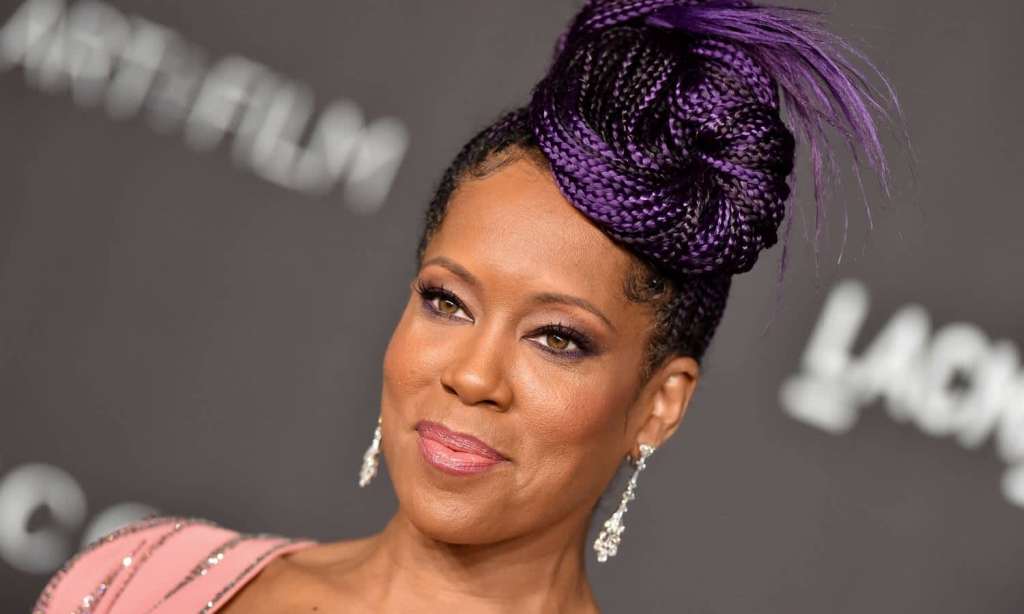The Golden Globes ceremony may not be until February 28, but the annual award show has already made history this year with a record-making three women nominated for the Best Director nod.
Up for the prestigious achievement is Chloe Zhao for Nomadland, Emerald Fennell for Promising Young Woman and Regina King for One Night in Miami, leading many to wonder if the film industry has finally made the necessary inroads toward not only gender parity but the inclusion of a diverse cross-section of voices.
While the news might be more positive on the film front, a new study shows that in terms of the television industry, there is still a ways to go, especially in terms of Asian American and Latinx representation.
The Directors Guild of America (DGA) have released their most recent findings which indicate that TV episodes directed by females during the 2019-20 television season hit a record of 34% — up 3% from the previous period and more than double the share of the 2014-15 season.
Although a total of 1,268 DGA members were hired for episodic work last season — per the report — while women and people of colour saw incremental gains, Latinx female directors accounted for only a 2.4% share of all episodes in 2019-20 and Asian American women just 2.1%.
In a statement, DGA president Thomas Schlamme said, in part, “It’s hard enough to achieve success in the competitive world of TV directing. Therefore, it is vitally important that no group should be disadvantaged when it comes to developing a career.”
He continued, “While we see encouraging growth in some areas, we will not be satisfied until we see fairness for all. Inclusion is not about one group or another, inclusion means everyone.”
The statistics paint a solemn portrait of how much work still needs to be done in order to ensure audiences have the opportunity to access stories inspired by experiences different from their own.
While the increased mobilisation of the Black Lives Matter movement has likely contributed to greater visibility for Black storytelling in film and television, it is concerning that without a global reckoning of their own, Latinx and Asian experiences may not get the platforms they deserve.
With an alarming increase in hate crimes being perpetrated against Asian-American citizens in the wake of the ongoing coronavirus pandemic, the time is surely upon us to allow these voices to be heard.
On the local front, Australia is doing its part to try to move overall female inclusion in the right direction.
The annual Melbourne Women in Film Festival (MWFF) will this year showcase Imogen Thomas’ Aboriginal-driven drama Emu Runner, and will also highlight director Erica Glynn’s film She Who Must Be Loved — which is a tribute to her mother Alfreda who co-founded Aboriginal media organisations CAAMA and Imparja TV. The festival has also been expanded to include filmmakers from New Zealand and the Pacific Islands.
Speaking to the Sydney Morning Herald, festival founder and artistic director Sian Mitchell said, “We wanted to do a programme themed around different perspectives and more diverse and marginalised voices, and how Australian women interact on an international level. It seemed like a natural evolution to get a little bit bigger and create more opportunities.”
Additionally, the Australian Women’s Film Festival (AWFF) will launch on Sunday, March 14, 2021, in line with International Women’s Day in order to support, encourage, and ultimately celebrate female storytellers and leaders within the film industry by giving them the platform to showcase their talent both in front and behind the camera”.
As with anything, demand usually dictates supply so it must be said that audiences have a significant role to play in what makes it to our screens big and small. With profit always at the top of mind for production companies, studios and networks, the simple fact remains that if the consumer shows enthusiasm for stories from diverse voices, more will have the opportunity to be made.
Read more stories from The Latch and subscribe to our email newsletter.







